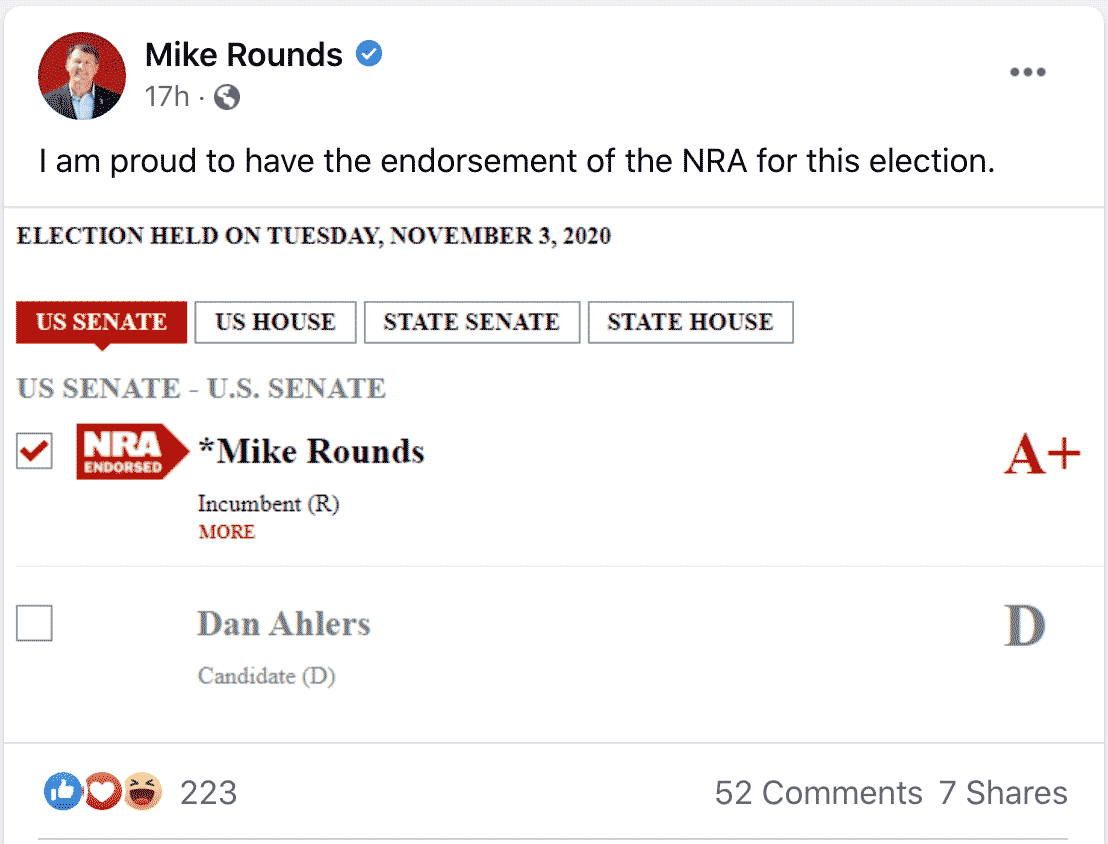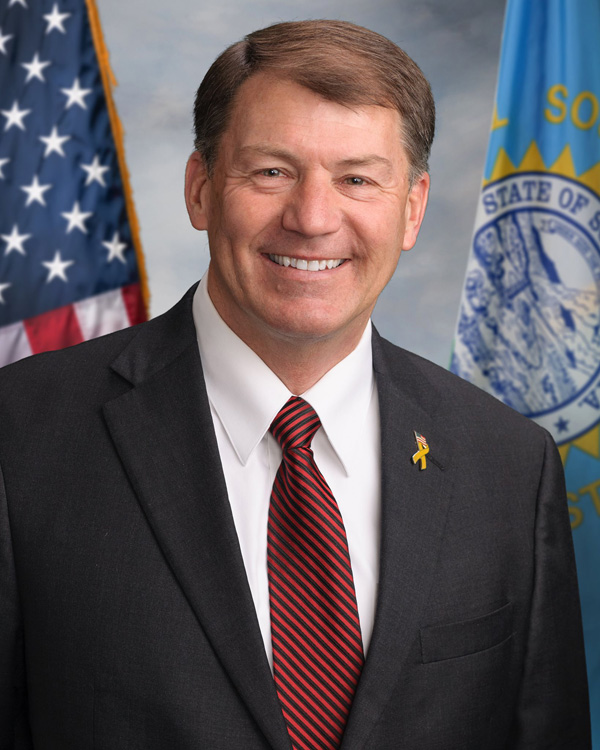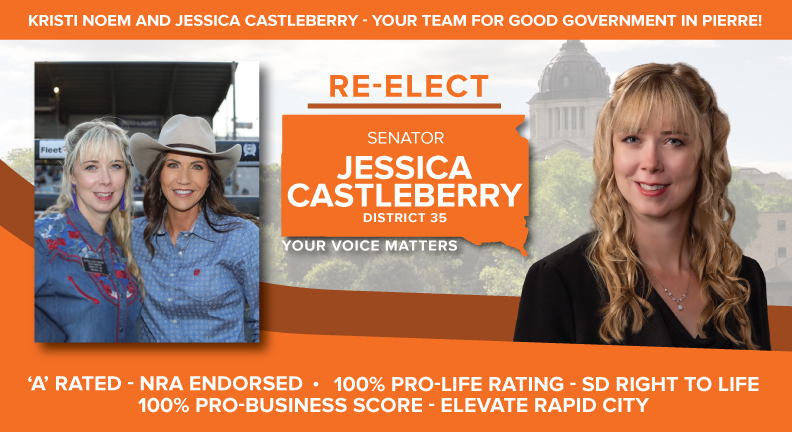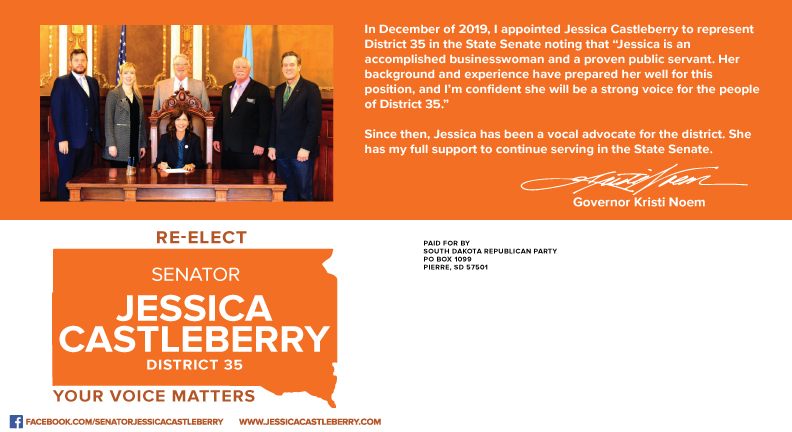PROBLEM SOLVERS CAUCUS UNVEILS “MARCH TO COMMON GROUND” COVID STIMULUS FRAMEWORK
WASHINGTON – Today, Tuesday, September 15, 2020, the bipartisan Problem Solvers Caucus – 25 Democrats and 25 Republicans — unveiled its “March To Common Ground” framework to help break the gridlock on the latest COVID-19 relief package and encourage negotiators to get back to the table.
The 50-member bipartisan Caucus, led by Co-Chairs Reps. Josh Gottheimer (D-NJ) and Tom Reed (R-NY), developed and came together in support of the framework after extensive listening to constituents and outreach to stakeholders over the past six weeks.
The package addresses key areas of need, including COVID-19 testing, unemployment insurance, direct stimulus, worker and liability protection, small business and non-profit support, food security, schools and child care, housing, election support, and state and local aid.
In light of the urgent needs facing millions of Americans, families, and small businesses, the framework is designed for a six month horizon and through the next inauguration, except for state and local funding which extends for a full year.
Depending on the severity of the pandemic and if a successful vaccination program is adopted by March, 2021, a system of automatic “boosters” are designed to incrementally increase the amount of relief to individuals and families. Conversely, a system of “reducers” will decrease the total cost of the package.
The framework calls for both new stimulus money and the reallocation of previously appropriated “CARES Act” funding, and allocates resources to the following key categories:
- Testing & Healthcare ($100B)
- Direct Assistance to Individuals & Families ($316B)
- Unemployment Assistance ($120B)
- Small Business & Non-profit Support ($290B
- School & Child Care ($145B)
- State & Local Aid ($500.3B)
- Election Support ($400B)
- Broadband, Agriculture, USPS, & Census ($52B)
- Worker & Liability Protections
- Automatic Boosters & Reducers
- The full framework can found here.
“Americans deserve a functioning Congress that can rise to the challenge and deliver the relief they need,” said PSC Co-Chair Tom Reed. “Our framework reflects months of bipartisan consensus-building on the actions the federal government can take to help working families and local communities across the country as they navigate the impacts of COVID-19. We are hopeful this package will help bring lead negotiations back to the table as we try to solve this problem for the American people.”
“What brings us together — 25 Democrats and 25 Republicans — is our shared goal of finding a pragmatic solution — a bipartisan path forward — to help get negotiators to return to the table,” said PSC Co-Chair Josh Gottheimer. “Our March to Common Ground package does just that — it lays out a common sense framework to get help and resources out to American families and businesses.
“Our group put aside brinksmanship and political games,” said Rep. Dusty Johnson, “Once we focused on what was good for the country, it didn’t take us long to find common ground. This is how Congress is supposed to work.”
“Today, my 25 Democrat and 25 Republican colleagues of the Problem Solvers Caucus are introducing a bipartisan, COVID relief framework to reignite negotiations and help our country through these difficult days,” said Rep. Dean Phillips. “Months of inaction have left too many at the precipice, and principle must overcome politics. Co-leading our working group with Rep. Dusty Johnson has been an inspirational lesson in possibility. A shared mission to support our country and compassion for people transcended divisions in Congress, and is a reminder that unity and trust can overcome anything. Even politics. We’re not the flashiest members of Congress, but we sit at the table, listen to one another, engage in respectful debate and deliberation, and accomplish good work for our country behind the scenes. Congress can be fixed. One friendship at a time.”
“American families still need help, and Congress needs to step up,” said Rep. Fred Upton. “This framework is something both parties can get behind, would be signed by the President, and would deliver immediate help to those in the most need.”
“Our communities cannot wait any longer while Washington continues to play partisan games,” said Rep. Kendra Horn. “Oklahoma businesses are closing and our families are struggling to make ends meet. Today’s March to Common Ground bipartisan framework would deliver relief in a timely, targeted and transparent way. It’s time to put politics aside and do what’s right. The Problem Solvers are showing that we can work across the aisle. We can solve this together.”
“During a moment of crisis, our mission in Washington should be clear: help families stay safe and weather the storm of COVID-19,”said Rep. Elisa Slotkin. “But unfortunately, amidst election season, politics has distorted that mission. The Problem Solvers Caucus has been quietly working on the outlines of another emergency COVID package, in the hopes that our framework can kick-start negotiations between the House, the Senate, and the White House. And I’m proud to join my colleagues on both sides of the aisle today as we unveil that framework. Importantly: no deal is perfect. But this proposal can and should serve as a serious start of negotiations. And I’m urging leadership in the House, Senate and White House to rise to the moment and get back to negotiating. We have to continue working across the aisle, regardless of politics, to get help to the people who need it right now. That is what is expected of us, and what the moment demands.”
“I’m proud to join members of the bipartisan Problem Solvers Caucus to announce a new COVID-19 relief bill, developed and supported by our membership, consisting of 25 Democrats and 25 Republicans,” said Rep. John Katko. “For too long, partisanship and posturing have stood in the way of substantive negotiations to address the sustained impact of the pandemic on our country. Our package contains measures that both sides agree on, including additional assistance for state and local governments, and resources for COVID testing, unemployment support, stimulus checks, schools & child care, and PPP. There’s more that we agree on than disagree on. I hope this bill will inspire negotiators to set politics aside, and act as a blueprint to advance discussions.”
“I’ve heard from families that are hurting, businesses that are struggling, and mayors and superintendents who are facing steep cuts to essential services,” said Rep. Anthony Brindisi. “These are real problems and we cannot wait any longer for Washington to act. With this bipartisan framework, the Problem Solvers and I are cutting through the politics to demand action and aid for our communities. This plan is a thoughtful, comprehensive framework and most importantly, it has support from Democrats and Republicans in a divided Washington. Let’s get this done.”
“Our constituents are clamoring for Democrats and Republicans to work together to battle the COVID pandemic, to secure our public health and support those in need,” said Rep. Tom Suozzi. “Everyone knows Senate leadership has refused to negotiate. Our bipartisan proposal helps people, blunts the advance of the virus and provides the necessary funding for our schools, and our state and local governments. We hope this will inspire all parties to come back to the table.”
“What we’re showing today is a deal is not only possible, but more importantly, a deal must be possible because failure is not an option,” Rep. Max Rose said. “This isn’t a game. This isn’t a red state or a blue state issue. This is an American issue and we must come together as Americans and get the job done: to give our state and local governments the aid they need to ensure our cops, firefighters, EMS, teachers and essential workers aren’t laid off; to provide our struggling businesses the lifeline they need to stay in business and keep employees on the payroll. We must come together to do the job we all know needs to be done.”
“With thousands of South Carolinians still out of work, small businesses struggling to keep the lights on, and state and local governments fiscally exhausted, it is long past time Congress came together to negotiate another COVID-19 relief package,” said Rep. Joe Cunningham. “This bipartisan framework would allocate the necessary funding for testing, relief for working families, unemployed Americans, and small businesses, and much-needed aid for state and local governments. Americans are counting on their elected officials and so failure is not an option.”
###
Noem spokesman Ian Fury confirmed to the Capital Journal on Tuesday the governor is planning this trip.






